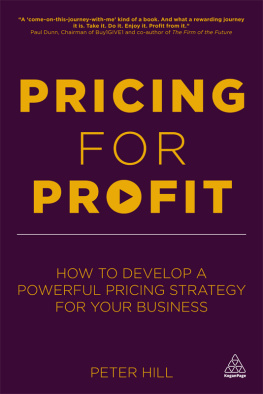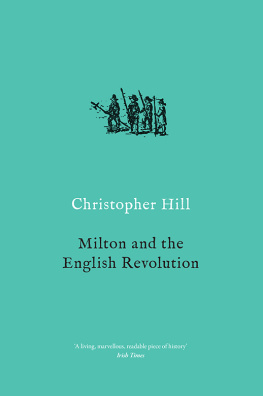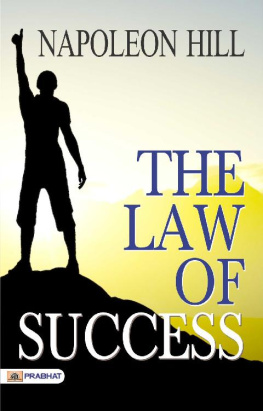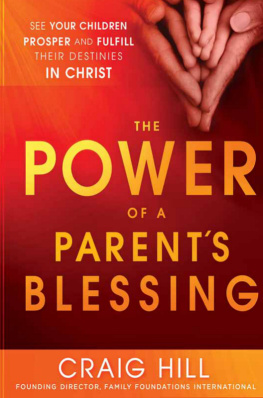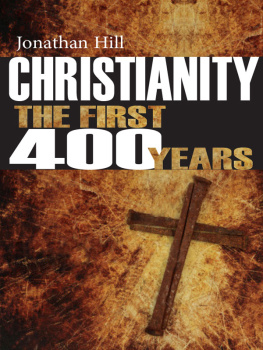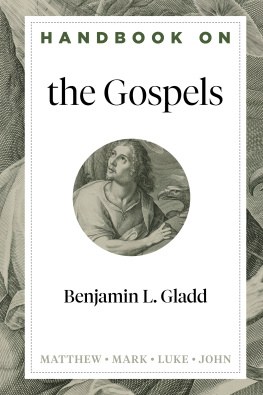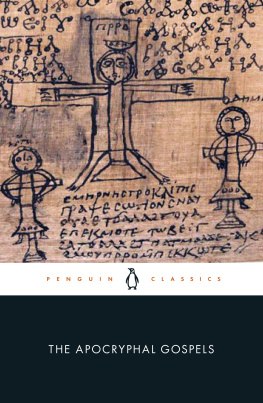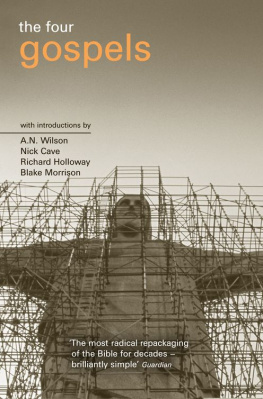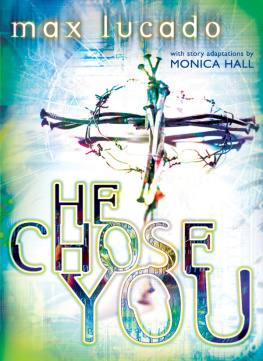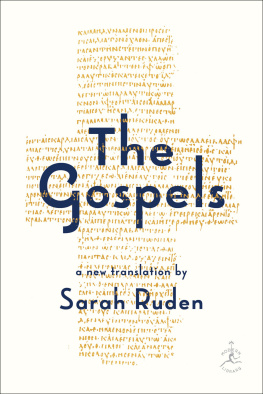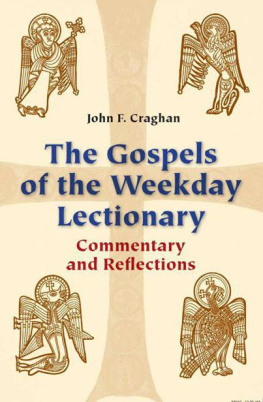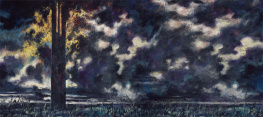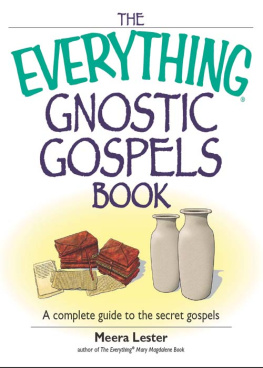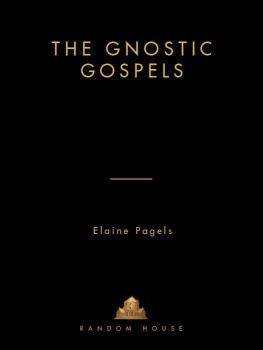Hill - Who Chose the Gospels?
Here you can read online Hill - Who Chose the Gospels? full text of the book (entire story) in english for free. Download pdf and epub, get meaning, cover and reviews about this ebook. year: 1991, publisher: OUP Oxford, genre: Religion. Description of the work, (preface) as well as reviews are available. Best literature library LitArk.com created for fans of good reading and offers a wide selection of genres:
Romance novel
Science fiction
Adventure
Detective
Science
History
Home and family
Prose
Art
Politics
Computer
Non-fiction
Religion
Business
Children
Humor
Choose a favorite category and find really read worthwhile books. Enjoy immersion in the world of imagination, feel the emotions of the characters or learn something new for yourself, make an fascinating discovery.

Who Chose the Gospels?: summary, description and annotation
We offer to read an annotation, description, summary or preface (depends on what the author of the book "Who Chose the Gospels?" wrote himself). If you haven't found the necessary information about the book — write in the comments, we will try to find it.
Hill: author's other books
Who wrote Who Chose the Gospels?? Find out the surname, the name of the author of the book and a list of all author's works by series.
Who Chose the Gospels? — read online for free the complete book (whole text) full work
Below is the text of the book, divided by pages. System saving the place of the last page read, allows you to conveniently read the book "Who Chose the Gospels?" online for free, without having to search again every time where you left off. Put a bookmark, and you can go to the page where you finished reading at any time.
Font size:
Interval:
Bookmark:
WHO CHOSE THE GOSPELS?
Probing the Great Gospel Conspiracy
C. E. Hill


Great Clarendon Street, Oxford OX2 6DP
Oxford University Press is a department of the University of Oxford.
It furthers the Universitys objective of excellence in research, scholarship,
and education by publishing worldwide in
Oxford New York
Auckland Cape Town Dar es Salaam Hong Kong Karachi
Kuala Lumpur Madrid Melbourne Mexico City Nairobi
New Delhi Shanghai Taipei Toronto
With offices in
Argentina Austria Brazil Chile Czech Republic France Greece
Guatemala Hungary Italy Japan Poland Portugal Singapore
South Korea Switzerland Thailand Turkey Ukraine Vietnam
Oxford is a registered trade mark of Oxford University Press
in the UK and in certain other countries
Published in the United States
by Oxford University Press Inc., New York
C. E. Hill 2010
The moral rights of the author have been asserted
Database right Oxford University Press (maker)
First published 2010
All rights reserved. No part of this publication may be reproduced,
stored in a retrieval system, or transmitted, in any form or by any means,
without the prior permission in writing of Oxford University Press,
or as expressly permitted by law, or under terms agreed with the appropriate
reprographics rights organization. Enquiries concerning reproduction
outside the scope of the above should be sent to the Rights Department,
Oxford University Press, at the address above
You must not circulate this book in any other binding or cover
and you must impose the same condition on any acquirer
British Library Cataloguing in Publication Data
Data available
Library of Congress Cataloging in Publication Data
Library of Congress Control Number: 2010930294
Typeset by SPI Publisher Services, Pondicherry, India
Printed in Great Britain
on acid-free paper by
Clays Ltd., St Ives plc
ISBN 9780199551231
2 3 5 7 9 10 8 6 4 2
THE English translation of the Bible used throughout is the New Revised Standard Version, unless otherwise noted. I wish to thank Tom Perridge and Elizabeth Robottom at OUP for all their helpful guidance and suggestions, and the Oxford readers who in many ways made this a better book. Thanks also to Michael Farrell and Karen Middlesworth for their tireless and cheerful efforts in securing library materials and to Rick Bennett for his help in obtaining permissions. I owe special thanks to Sean Hill for reading the manuscript and offering his valuable comments, to Charity, Jamie, and Megan Hill for their artistic consultation, and to Marcy Hill for her great patience and for her inspiration to attempt an accessible book.
This book is lovingly dedicated to Marcycara et amica.
Jacket Illustration: The Four Gospels. Brass rubbings from the tomb of Gijsbert Willemszoen de Raet, Art: Marcy A. Hill. Photo: Charity R. Hill.
AH | Irenaeus, Against Heresies |
ANF | Ante-Nicene Fathers |
ApocJas | Apocryphon of James |
EH | Eusebius, Ecclesiastical History |
EpApost | Epistle of the Apostles |
GJ | Gospel of Judas |
GT | Gospel of Thomas |
IGT | Infancy Gospel of Thomas |
JCEC | Charles E. Hill, The Johannine Corpus in the Early Church (Oxford: Oxford University Press, 2004, corrected, paperback edition, 2006) |
OECT | Oxford Early Christian Texts |
WUNT | Wissenschaftliche Untersuchungen zum Neuen Testament |
Who chose which gospels to include? Sophie asked. Aha! Teabing burst in with enthusiasm. The fundamental irony of Christianity! The Bible, as we know it today, was collated by the pagan Roman emperor Constantine the Great.
(Dan Brown, The Da Vinci Code, 231)
The recent excitement over the well-publicized unveiling of the Gospel of Judas in the spring of 2006 provided a glitzy showcase for the views of certain scholars of early Christianity. Such collaborations between the media and the academy seem to be much more common today than they used to be. One result of this partnership has been the wider promotion of the idea that Christianitys early centuries were something of a free-for-all with regard to Gospel literaturebooks which purported to describe the life and teachings of Jesus of Nazareth. Since there were once many other Gospels besides the four now in the Bible, why should we simply assume that the church chose the best ones? Shouldnt we in fact presume that the church simply selected the Gospels that best promoted its own causes to the detriment of its competitors? Who was it that conspired to give us the books we have? Who chose the Gospels anyway?
So, we may now ask, how did the Christian church, apparently drowning in a sea of Gospels, finally end up with only four? The educated reader of today may already have come to the conclusion that the story was attended with a good bit of bullying, intrigue, and skullduggery. Many perhaps picture councils of bad-tempered bishops voting on which books to include in the Bible one minute, and voting to execute heretics the next. It is now widely believed, in any case, that the four canonical Gospels emerged into prominence only fairly late from a long and drawn-out battle within early Christianity, a battle finally won in the fourth century after the establishment of the church by Constantine the Great. While academics might not, as Teabing does in Dan Browns novel, attribute the collation of the Bible to the pagan emperor Constantine, many even in the academic community insist that the question of which Gospels the church ought to endorse was still up for grabs in the fourth century. As Boston University professor and author of American Jesus Stephen Prothero says:
There are many places to begin this search for the American Jesus, but the fourth-century Council of Laodicea may be the most appropriate. At that gathering, early Christians met to close the canon of the still evolving Christian Bible. Some, following the second-century theologian Marcion, insisted that the one true Church should have only one true Gospel. Others, citing Marcions contemporary Irenaeus, fought for four (one for each corner of the earth). Inexplicably, Irenaeus got his way.
It is true that the Council, meeting in 363 or 364 CE, issued a statement that no uncanonical books be read in church, but only the canonical ones of the New and Old Testament. And some later manuscripts of the Councils proceedings give the list of the books which the Council in all probability understood as canonical. But there is no reason to believe that any of the thirty or so church leaders in attendance would have suggested the acceptance of only one Gospel as opposed to four, let alone that any would have called upon the example of Marcion, a well-known but widely denounced Christian heretic, as a rallying-point. Prothero calls the Councils alleged selection of the four inexplicable. And why wouldnt he think so, for, again, the common idea is that the churchs canon is the result of a great power-struggle between rivals among early Christianity. The four Gospels, like the other books in the canon of the Christian New Testament, achieved their place only by finally out-muscling their many competitors.
Next pageFont size:
Interval:
Bookmark:
Similar books «Who Chose the Gospels?»
Look at similar books to Who Chose the Gospels?. We have selected literature similar in name and meaning in the hope of providing readers with more options to find new, interesting, not yet read works.
Discussion, reviews of the book Who Chose the Gospels? and just readers' own opinions. Leave your comments, write what you think about the work, its meaning or the main characters. Specify what exactly you liked and what you didn't like, and why you think so.

